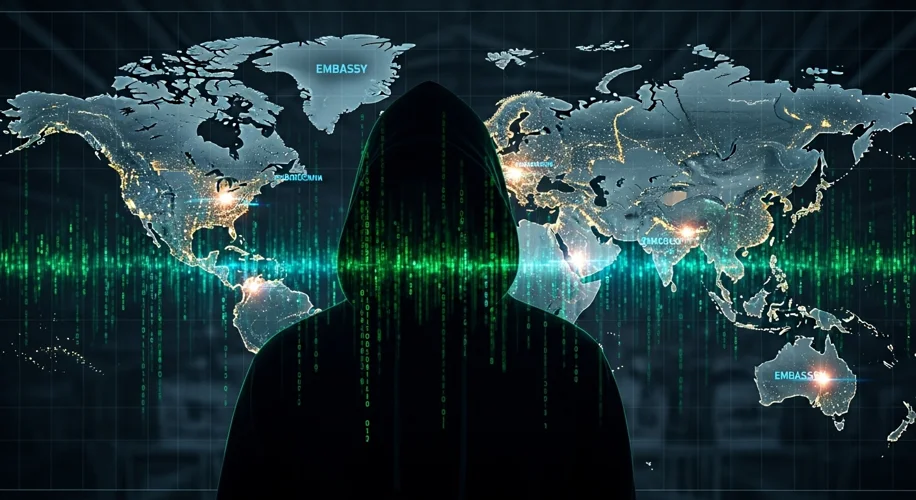It seems every week there’s a new headline about cyber threats, and this latest one from Microsoft certainly caught my attention. They recently detailed an operation by a Russian government-backed hacking group, tracked as “Midnight Blizzard” (also known as Nobelium or APT29), which has been targeting foreign embassies around the globe.
What’s particularly concerning about this campaign is the end goal: to install a malicious TLS root certificate. Think of a TLS certificate as a digital passport that verifies the identity of websites and services you connect to. By compromising this on a large scale, attackers could potentially intercept and read sensitive communications, essentially turning secure channels into open books for their intelligence gathering.
This isn’t about breaking encryption in the traditional sense. Instead, it’s about subverting the very trust systems we rely on for secure online interactions. If a hacker can masquerade as a trusted entity, like a secure connection to your email server, they can capture data that users believe is private. This could include emails, login credentials, or any other sensitive information transmitted through these compromised channels.
The hackers apparently gained initial access through a “password spray” attack, a common tactic where attackers try a list of common passwords against many accounts. Once inside, they moved laterally within networks, looking for opportunities to escalate their privileges and deploy this sophisticated certificate-based attack.
From my perspective, this underscores a critical point: cybersecurity is not just a technical challenge, but a fundamental aspect of national security and international relations. These aren’t just abstract digital threats; they have real-world implications for diplomacy, intelligence, and the protection of sensitive government data.
What this highlights is the constant, evolving nature of cyber threats. Groups like Midnight Blizzard are persistent and resourceful. They’re not just looking for quick wins; they’re investing in long-term strategies that can yield valuable intelligence over time. The installation of a rogue root certificate is a prime example of such a strategic, albeit disturbing, objective.
As users, whether we’re in government or just going about our digital lives, the need for strong, unique passwords and multi-factor authentication remains paramount. Beyond that, it’s crucial for organizations, especially those handling sensitive information, to maintain rigorous security practices, monitor their networks for suspicious activity, and stay informed about emerging threats. This incident is a stark reminder that the digital landscape requires constant vigilance.

